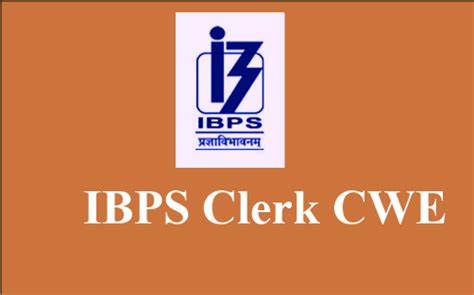

The Quantitative Aptitude section is an important segment of any bank exam. Every year a good number of vacancies are released for the post of Clerk in various banking organizations. Recently the SBI Clerk 2022 notification has been released which is a great opportunity for the bank aspirants. The Quantitative Aptitude section, if prepared well, can prove to be a highly scoring section in all bank exams. IBPS Clerk is another major banking exam after SBI Clerk.
Today, we will discuss how you should prepare for the Quantitative Aptitude section of all bank clerk exams such as SBI Clerk 2022, IBPS Clerk, etc. and score good marks in this section.
The Quantitative Aptitude section is one of the most trickiest but scoring sections in all the online bank exams. Speed and accuracy play the most important role for scoring well in this section. The two most important bank clerk exams awaited by all the banking aspirants are SBI Clerk and IBPS Clerk. Let us now see how you should prepare the individual topics of the Quantitative Aptitude section for the SBI Clerk 2022 and IBPS Clerk exam. If you wish to receive more information and proper guidance, you can easily explore more such useful articles with preparation tips along with other helpful study resources at BYJU’s Exam Prep.
(a) Problem on ages
(b) Boats and Streams
(c) Simple & Compound Interest
(d) Profit, Loss and Discount
(e) Time, Work and Wages
(f) Mixtures and Alligations
(g) Pipes and Cisterns
(h) Time, Speed and Distance
(i) Partnerships
(j) Percentages
(k) Ratio and Proportion
The way we consume entertainment has changed dramatically, with Subscription Video on Demand (SVOD) leading…
The Evolution of Inventory Tracking RFID inventory management software is transforming how businesses track, manage,…
The Unexpected Costs of Unprotected Windshields Polaris Ranger windshields protection is more than just a…
Probably one of the best things people do to secure their finances is the purchase…
The iPhone 15 is still a great buy Released in 2023, the iPhone 15 brought…
By Josh Breaker-Rolfe Data security posture management (DSPM) is the rising star of the data…